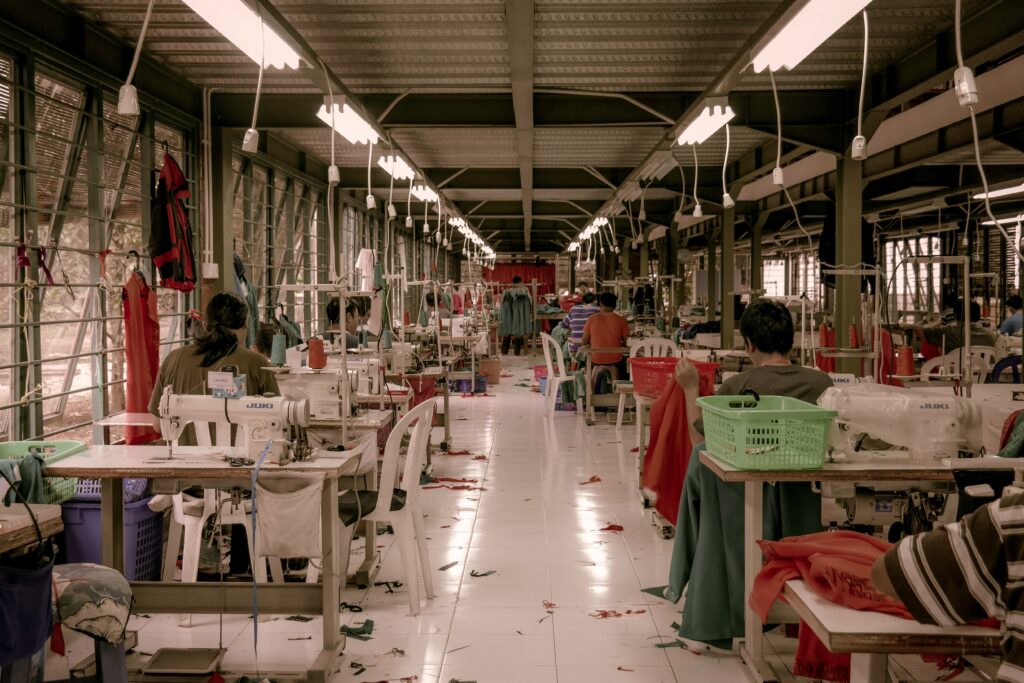Competition is fierce in the logistics industry, and soaring production costs threaten to squeeze profit margins. Outsourcing to developing economies offers a tempting solution, but can it deliver?
In today’s globalized economy, logistics firms are increasingly turning to outsourcing factory jobs in developing economies to cut costs and stay ahead of the competition. But this strategy isn’t without its complexities. Understanding the challenges and opportunities that come with outsourcing can help logistics firms leverage its benefits and avoid the pitfalls.

Challenges of Outsourcing Factory Jobs to Developing Economies
Outsourcing manufacturing to developing economies presents a range of challenges that logistics firms must navigate to ensure successful operations. One significant issue is the complexity it introduces into the supply chain. Logistics companies are tasked with managing extended supply lines, multiple transportation modes, and potential delays at international borders. This requires robust logistics planning and real-time monitoring to coordinate these elements effectively. Additionally, maintaining consistent product quality becomes challenging when outsourcing manufacturing processes.
Variations in labor skills, equipment standards, and production techniques can lead to variability in product quality. To address this, logistics firms must implement stringent quality control measures and conduct regular inspections to ensure outsourced products meet the desired standards.
Communication barriers also pose a substantial challenge. Effective communication is crucial for seamless operations, but language differences, cultural nuances, and time zone disparities can hinder clear communication between logistics firms and their outsourced partners. These miscommunications can lead to errors, delays, and increased costs.
Furthermore, navigating the regulatory landscape of a developing economy can be daunting. Different countries have varying labor laws, environmental regulations, and trade policies. Logistics firms must stay abreast of these regulations to avoid legal pitfalls and ensure compliance. This requires a thorough understanding of local laws and the implementation of risk management strategies to mitigate potential issues.

The Sunny Side: Why Outsourcing Can Work
Outsourcing manufacturing to developing economies offers several compelling advantages for businesses, making it a viable strategy for many companies. One of the primary benefits is cost reduction. Labor and production costs in developing economies are often significantly lower than in developed countries.
These savings can be redirected to enhance other areas of the business, such as innovation and customer service, thereby boosting overall competitiveness. Additionally, outsourcing can serve as a gateway to new markets. Establishing operations in a developing economy places businesses closer to potential customers, allowing for faster and more responsive reactions to market needs and demands.
Furthermore, outsourcing provides enhanced operational flexibility. Businesses can easily scale their operations up or down to meet varying demand levels. During peak demand periods, companies can increase production without the need for substantial capital investment in new facilities, thereby optimizing resources and maintaining efficiency. This ability to adjust quickly to market conditions is a significant advantage, enabling businesses to remain agile and competitive in a dynamic global marketplace.
Making Outsourcing a Success Story
Making outsourcing a success requires careful planning and execution. The first step is to choose the right outsourcing partner. This process should not be rushed; thorough research is essential. Visit potential partners’ facilities to assess their capabilities and ensure they share your business values. Clear communication is also crucial for successful outsourcing. Establish regular meetings, use standardized reporting formats, and designate specific points of contact to ensure smooth information flow between your company and the outsourcing partner.
Maintaining high-quality standards should never be compromised. Establish clear quality benchmarks and conduct regular inspections to ensure that outsourced production meets these standards. Leveraging technology to monitor production in real-time can further enhance quality control. Additionally, understanding and adhering to local regulations is vital.
Work with legal experts to ensure compliance with local laws and develop risk management strategies to avoid potential issues. By addressing these key areas, businesses can navigate the complexities of outsourcing and transform it into a successful endeavor.

Conclusion
Outsourcing factory jobs can be a game-changer for logistics firms, but it requires careful planning and execution. If you’re considering this strategy and want expert guidance, look no further!
Schedule a free consultation with Big Outsource today. Our team can help you navigate the complexities of outsourcing and unlock its full potential. Don’t wait, take control of your costs and reach new markets with smart outsourcing!


